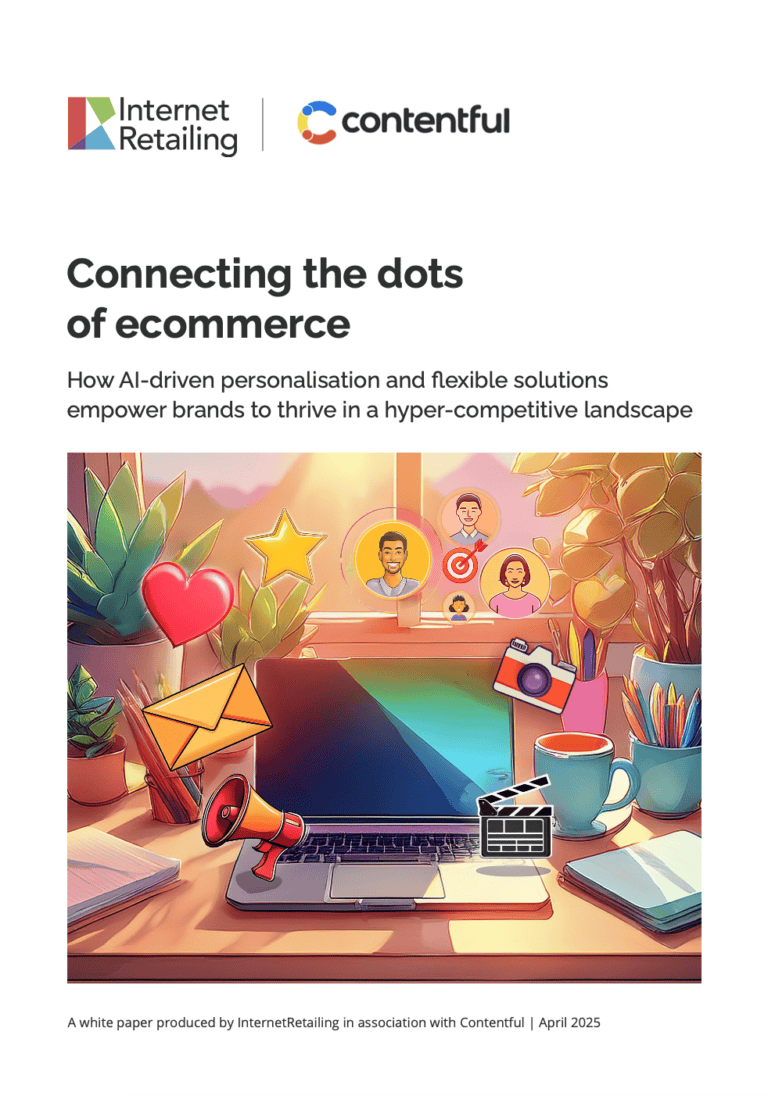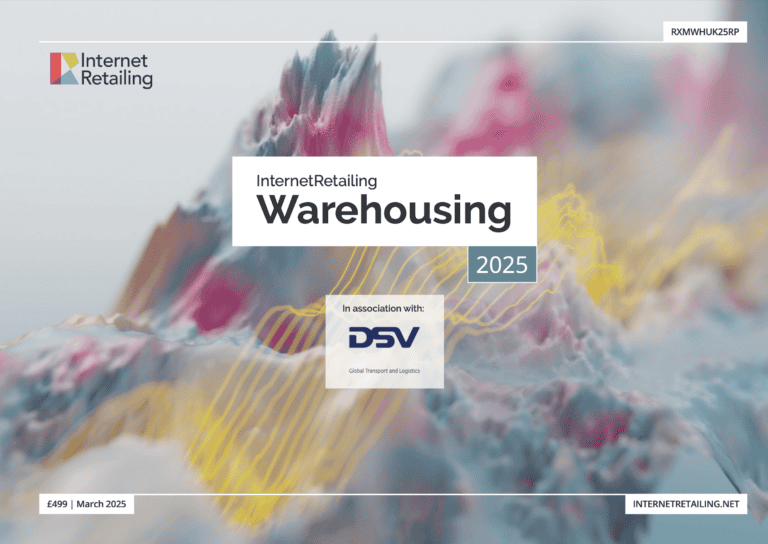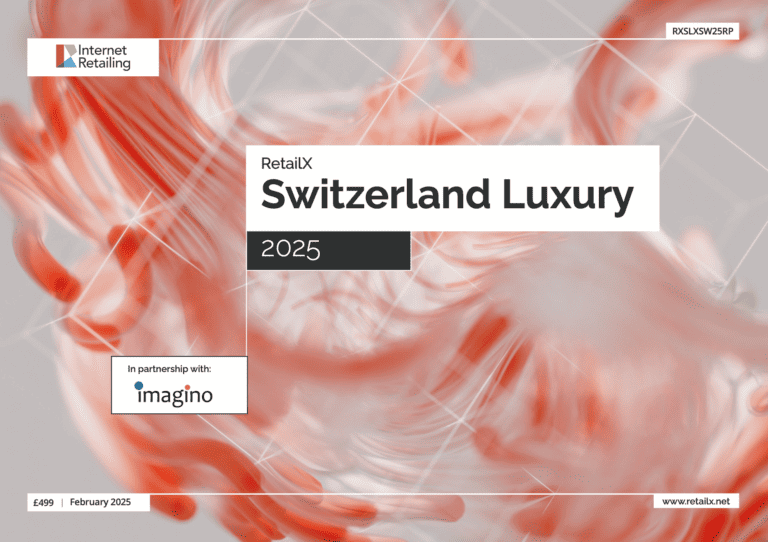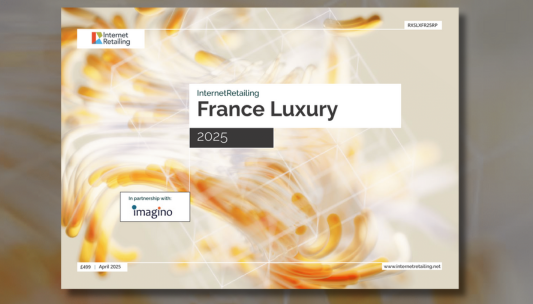Ahead of Internet Retailing Conference (IRC) 2015, we’re running a series previewing the event and its key speakers. Today we hear from Peter Williams, chairman of Boohoo.com and Berlin-based online eyewear business Mister Spex, who is giving a keynote presentation at the event.
Internet Retailing: You’re speaking at the 10th annual Internet Retailing Conference. What, in your view, has been a key influence on the retail industry over that period?
Peter Williams, chairman of Boohoo.com and Mister Spex (pictured left): What I think is fascinating and challenging is the way in which the use of the internet is putting a coach and horses through the traditional retail model. When I first came to London 40 years ago, shops in central London, Oxford Street were open from 8am to 6pm. They were open late, till 8pm, on Thursdays and they were all closed on Sundays. In the case of John Lewis, way back then they used to shut at 1pm on Saturday and throw hundreds of people onto the streets to go somewhere else, which all seems very strange.
Opening times have changed since then, but by and large, before the internet, retailers were much more in control of the relationship. With the arrival of the internet the consumer has been given a huge amount of empowerment. Today you can buy anything from anywhere at any time and have it delivered to you in a multitude of places which, from a consumer point of view is fantastic. All of a sudden what could – not for everybody, and not on all occasions – be regarded as something of a chore, you don’t have to go and do any more and you can get on with other stuff in your life.
This sort of process has been a fantastic opportunity for internet pureplay retailers, like Amazon, Asos and Boohoo.com, which I chair. For the rest of retail it’s been a bit of a headache. Yes, retailers are seeing pretty strong growth in their internet businesses year on year, but actually a lot of that is cannibalisation. It’s coming from their stores. If you are a mature retailer it might still be quite difficult. If you were a fashion retailer wanting to be nationwide 10 years ago, you probably would have said I need about 200 to 250 stores around the country and that would pretty well be it. Now you probably only need 100 or 150, plus an internet site.
Retail is fantastic when you’re adding stores but if you’ve got to adjust your store estate downwards that’s an extremely painful process because you have leases you’re committed to, with lots of people and the infrastructure to suit a 250-store chain when actually you only need 150. That’s proving quite a headache for the retailers. The other effect of what’s going on is that of course the strong centres are pretty strong – Oxford Street, Bond Street, and the Westfield shopping centre are vibrant. So with locations 1 to 100 there’s a polarisation going on – they’re getting better, but those those locations that were 101-250 are struggling a bit. The rents will have to come down or the property will remain vacant. That effect may encourage people to start their own business a bit more. You may see an increase in the number of individuals who’ve always hankered after owning and running their own shop but haven’t felt able to do so. It may also result in some stores changing use, to residential or leisure, because we simply don’t need the physical retail space that we had 10 years ago – it’s just not necessary.
IR: How is consumer behaviour changing now?
PW: I watch a lot what my sons do: they started off with the internet at school and uni, and have been using social media such as Facebook for many years. Their natural tendency for anything is to look it up on the web, whether that’s something to buy, information or reading newspapers. That generation has grown up with the habit of looking on the web and because now most, if not all, brands have some form of transactional website, once they’ve found what they’re looking for then 9/10 times they say they may as well buy it now. They will still go to the high street but don’t have the same propensity to go as their parents’ generation did. Even their parents’ generation, ie me, don’t have the same propensity to go to the high street. I still love going to stores, love wandering around Selfridges, where I worked for many years, and the rest of it, but there are some things, clothing – I know my size, the brands I like – where it’s just more convenient. Why wouldn’t I buy it online? The behavioural change that’s gone on with our children’s generation is now rubbing off on us. But nobody really knows, it’s a shift that is still going on and hasn’t levelled out in any shape or form yet.
IR: How do retailers respond to this change?
PW: They don’t necessarily have a huge amount of choice. I think you have to be online. There are very few, and Primark’s an example, who don’t have an online presence. You have to be there because that’s where a whole lot of customers are and you will miss out. I think you also have to look at your store proposition and also what goes on in that store. It’s great from the consumer point of view – there are so many shops, and if you come in through the door, look and it don’t get what it’s all about or if it doesn’t look very interesting, you just walk out again. There are plenty of other shops to go into. Having that kind of impact in an environment where less sales are coming through means retailers have to look very hard at the proposition, the way the store is done out, how products are displayed, all the normal retail disciplines because it is just so competitive.
IR: What are you looking forward to at IRC 2015 beyond your own presentation?
PW: I’m always interested in going to things like this – I am 61 so I’m not from the internet generation. If you want to find out about stuff on the internet, you have to ask a young person – so it’s useful for me to hear from people giving presentations on what they’re doing. I’m hoping there’ll be some examples of innovation around. It’s important for me in the role that I have, chairing a few companies, to try as hard as I can to keep abreast of new ideas in the internet space.
Peter Williams, chairman of Boohoo.com and Mister Spex, is a keynote speaker in the plenary session at IRC 2015. He’ll be speaking at 9.10am at the event, which takes place on October 14 at the Hammersmith Novotel. Find out more about the event, the conference line-up and the exhibition by visiting Internetretailingconference.com.
We have 10 access-all-areas delegates passes to give away at IRC 2015. Read this story to find out how to enter.









